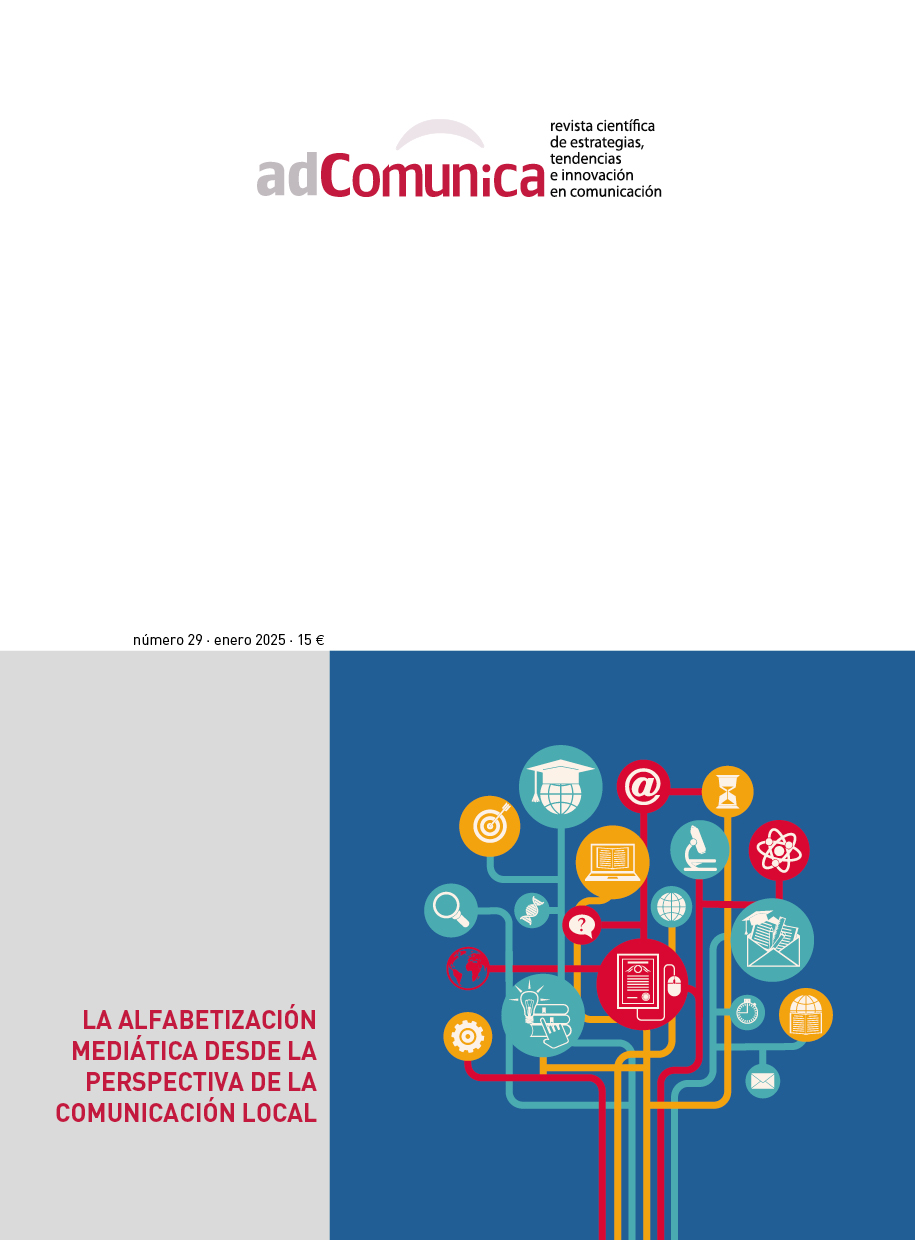The use of media diaries as a proposal to promote media literacy: a case study on the digital consumption habits of university students in Spain
Main Article Content
Abstract
This exploratory study examines the use of media diaries as a tool to promote media literacy among university students in Spain. The research was conducted with 134 first-year students of the International Relations degree at a Spanish university, employing the media diary as an instrument to explore their digital and analog media consumption habits. Over three academic years (2019-2020, 2020-2021, 2021-2022), and from a qualitative methodological perspective, students documented their media usage over seven consecutive days and subsequently engaged in a critical reflection on their consumption patterns.
The study highlights significant differences in media practices between academic years, primarily influenced by the restrictions associated with the COVID-19 pandemic, especially during the second academic year, as well as by the students' gender. The results show a predominance of social networks and digital platforms used for entertainment purposes, although there is also notable interest in informational content on these networks.
Finally, the article reflects on how this methodological approach demonstrates the usefulness of media diaries in university degrees to promote educommunication and foster a more critical and responsible awareness of media usage in a context shaped by profound political and technological changes.
Downloads
Article Details
1. Política propuesta para Revistas que ofrecen Acceso Abierto
Los autores que publican en esta revista están de acuerdo con los siguientes términos:
- Los autores conservan los derechos de autor y garantizan a la revista el derecho de ser la primera publicación del trabajo al igual que licenciado bajo la licencia CC BY-SA, que permite a otros compartir el trabajo con un reconocimiento de la autoría del trabajo y la publicación inicial en esta revista.
- Los autores pueden establecer por separado acuerdos adicionales para la distribución no exclusiva de la versión de la obra publicada en la revista (por ejemplo, situarlo en un repositorio institucional o publicarlo en un libro), con un reconocimiento de su publicación inicial en esta revista.


